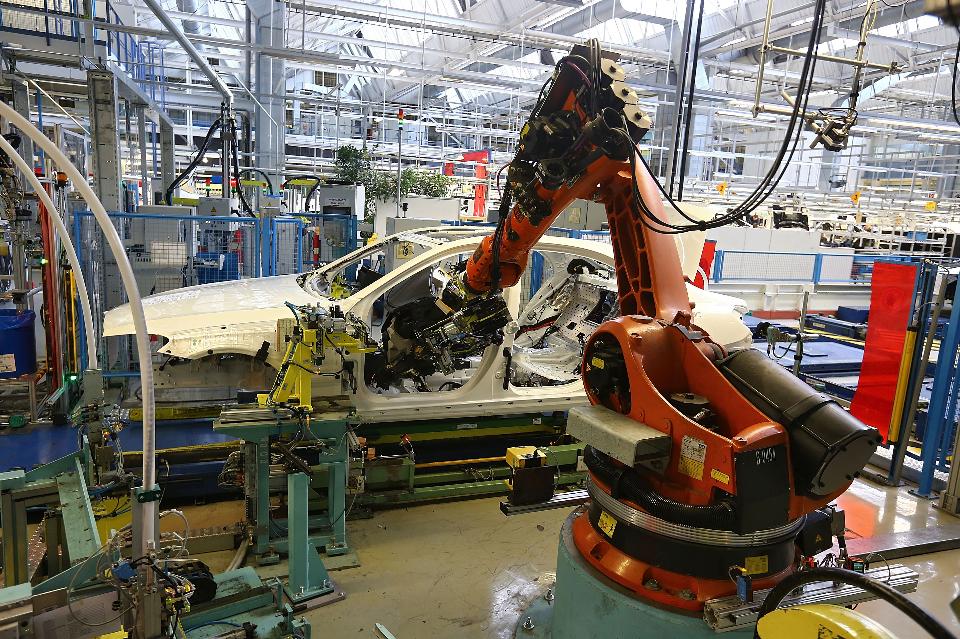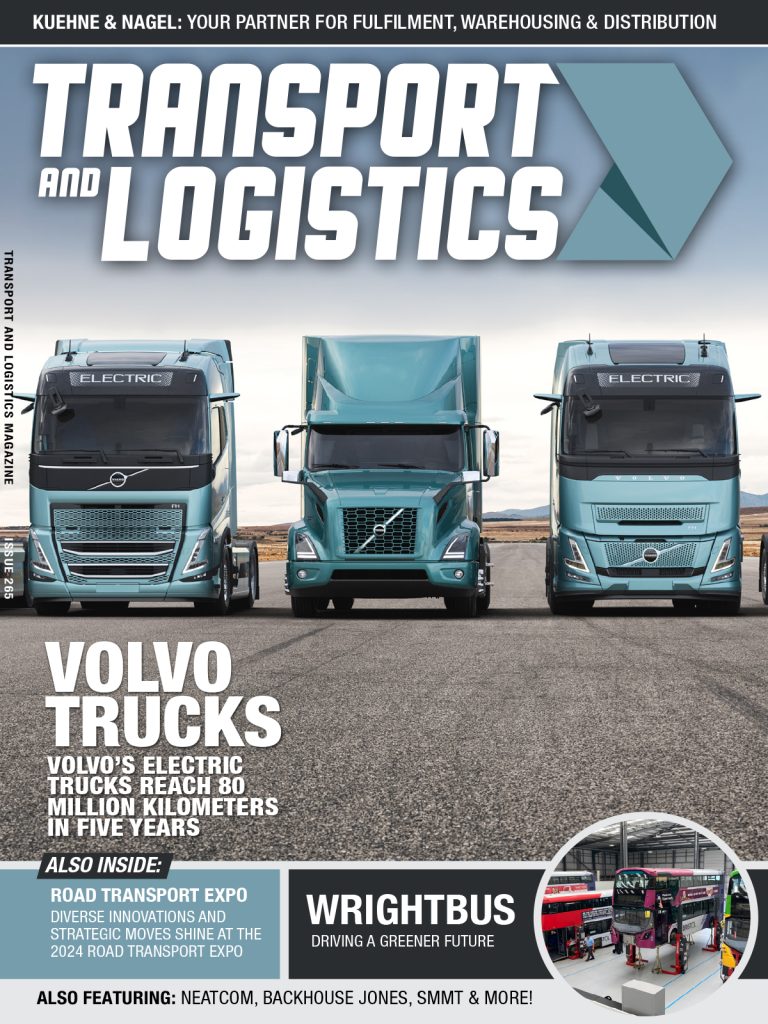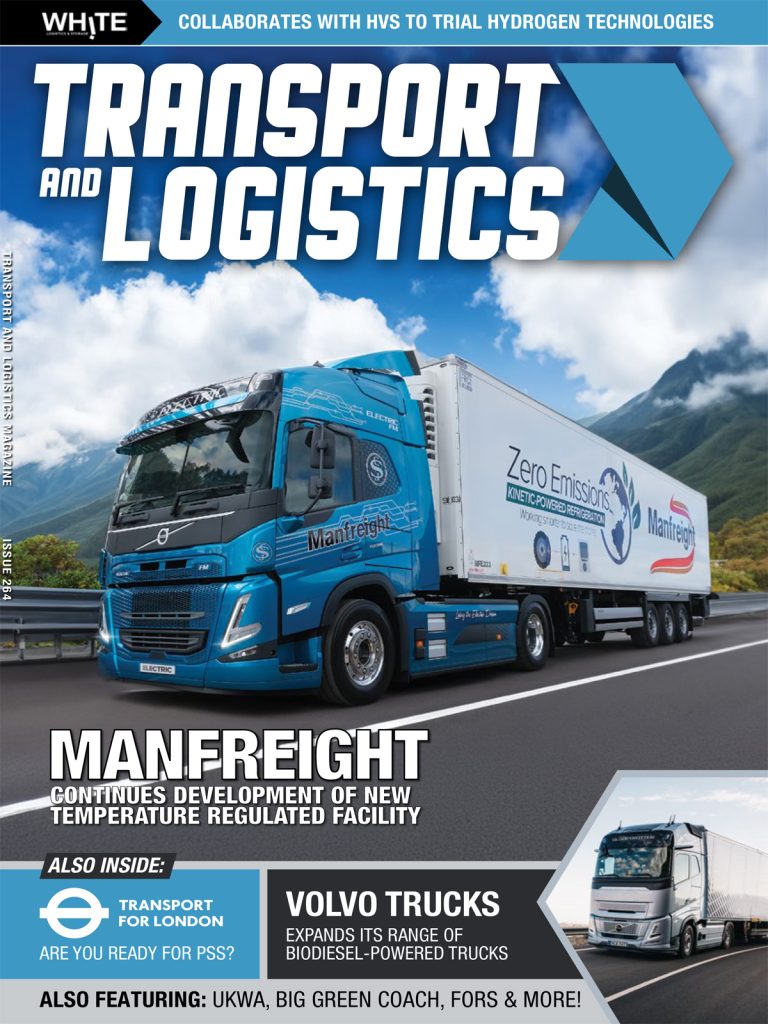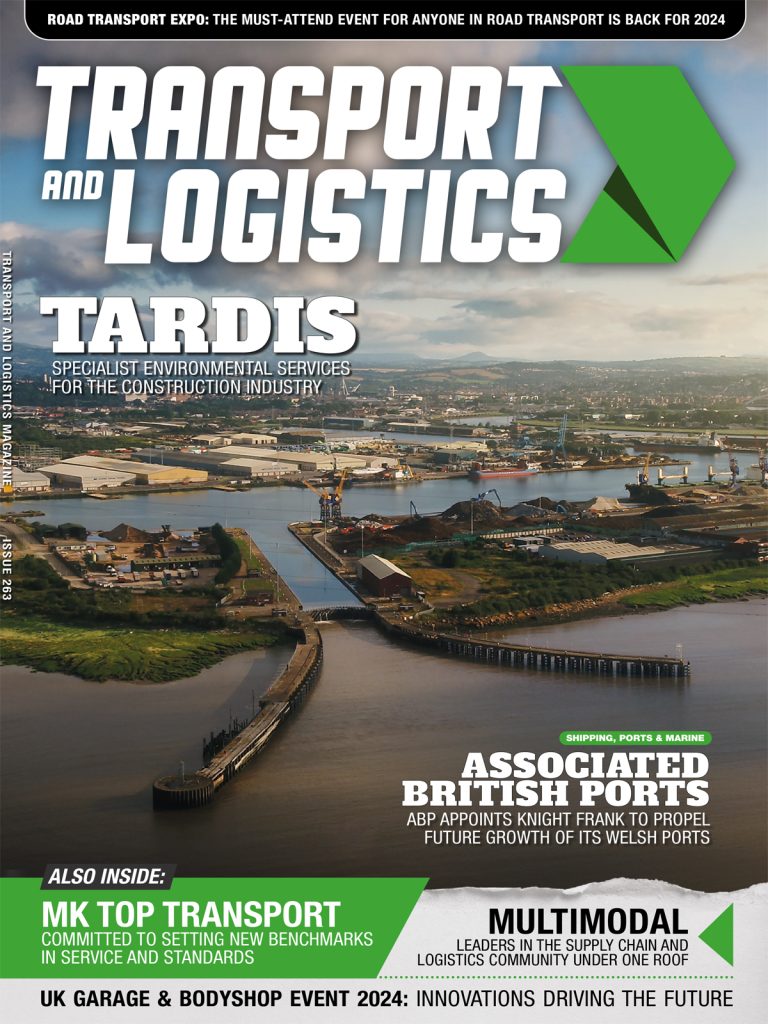The ‘robotization’ of the logistics industry will result in 1.5 million job losses in the Eurozone over the next ten year period, according to the latest study by Roland Berger.
The report shows that robotization will significantly increase warehouse productivity, with a reduction in handling costs by 20 to 40%.
It also illustrates the sharp fall of robotic solution costs and expects the figure to fall below 100,000 euros in the next four years.
With this in mind, the Roland Berger study projects the figure of 1.5 million job losses in the industry, with the sectors worst affected including logistics service providers and the commerce and manufacturing industry.
The study is officially titled “Of Robots and Men – in logistics: Towards a confident vision of logistics in 2025.”
Roland Berger Principal, Mehdi El Alami, said that while robotization of the logistics industry seems to be inevitable from a microeconomic perspective, its significance in terms of macroeconomics is still not certain.
The new logistics automation solutions are enabling both machines and human operators to work alongside each other in the same warehouse and are have resulted in organisations rethinking the way they have organised work over the last few decades.
Included in the operational scope of the machines are loading, order palletising and preparation, stacking and un-stacking and the moving of pallets.
The authors of the Roland Berger study say that the best solution is for European countries to make themselves more competitive in the market by becoming a more attractive logistics hub by gradually introducing machines into the industry.
The experts also recommend the decision makers to form an ecosystem around an evenly spread and flexible robotization process so that the transition is subtly overseen.
The study also recommends that regulations are simplified in order to compensate for the additional cost forecast of arduous work in the logistics industry.














